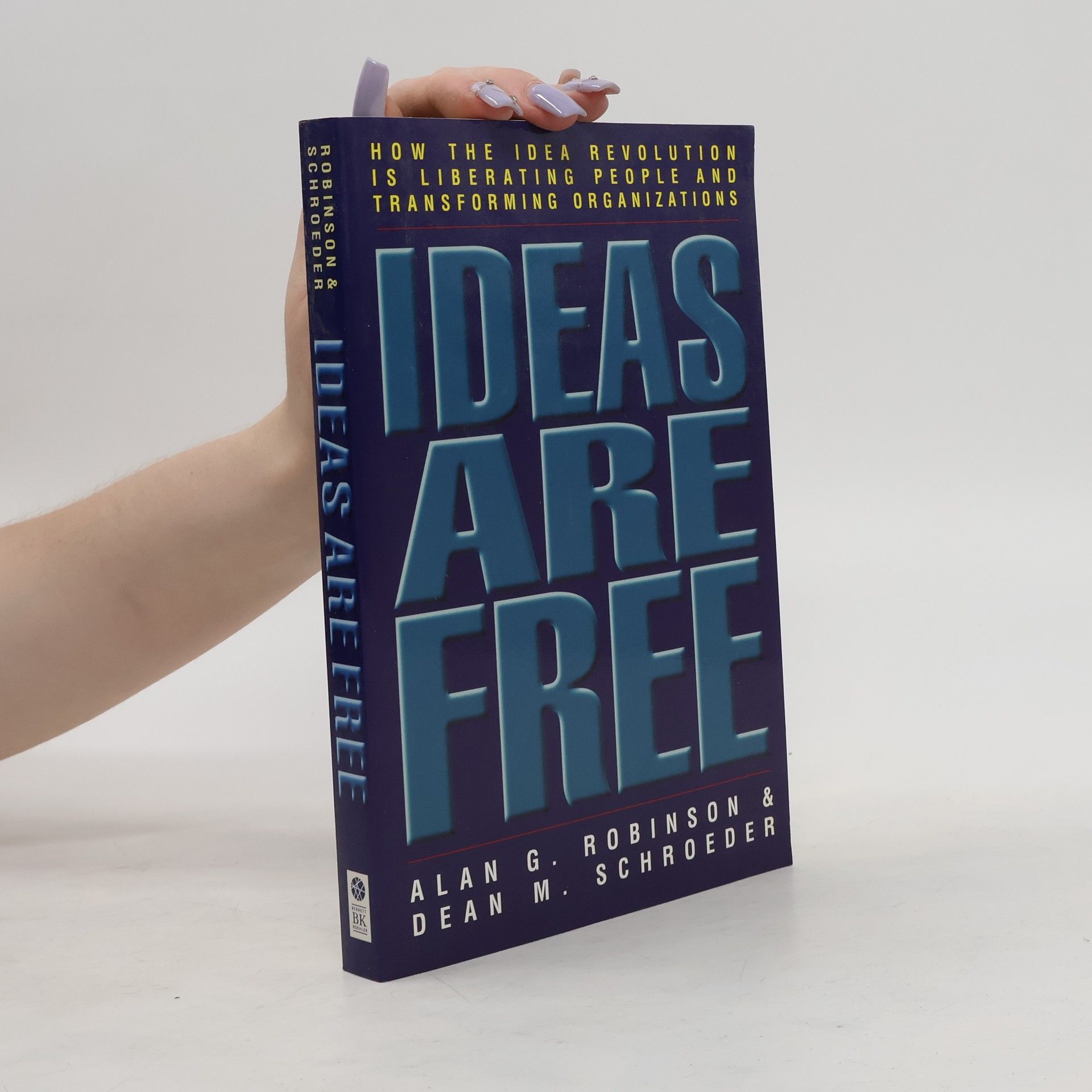Ideas Are Free: How the Idea Revolution Is Liberating People and Transforming Organizations
- 232pages
- 9 heures de lecture
The fact is, because they're the ones actually doing the day-to-day work front-line employees see a great many problems and opportunities that their managers don't. But most organizations do very poorly at tapping into this extraordinary potential source of revenue-enhancing, savings-generating ideas.Ideas Are Free sets out a roadmap for totally integrating ideas and idea management into the way companies are structured and operate. Alan Robinson and Dean Schroeder draw on their ten years experience with more than three hundred organizations in fifteen countries to show precisely how to design a system to take advantage of this virtually free, perpetually renewing font of innovation.Robinson and Schroeder deal with two fundamental principles of managing ideas that are highly counterintuitive - the importance of going after small ideas rather than big ones, and the problems with the most common reward schemes and how to avoid them. They describe how to make ideas part of everyone's job, and how to set up and run an effective process for handling ideas-how to take a good idea system and make it great. And they show how good idea systems have a profound impact on an organization's culture. At the end of each chapter they provide "Guerrilla Tactics for the Idea Revolutionary", actions to promote ideas that any manager can take on his or her own authority, and that require little or no resources.

